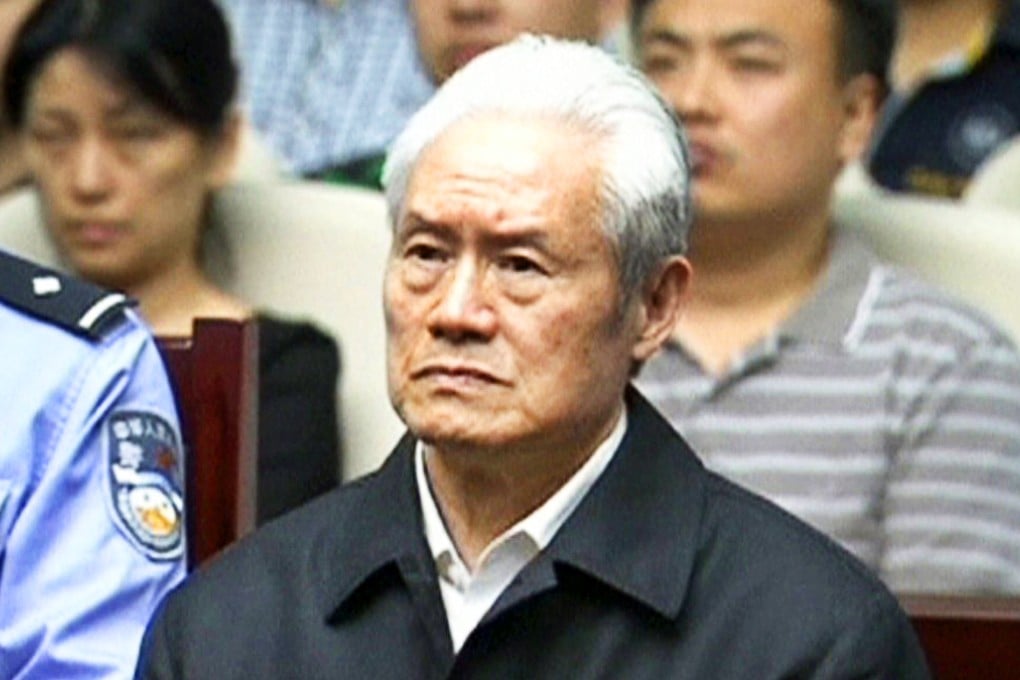With ex-security tsar Zhou Yongkang behind bars, where will China's President Xi Jinping turn next?
Analysts say case against Zhou Yongkang marks climax of anti-graft drive, but others disagree

Thursday's abrupt announcement that Zhou Yongkang had been brought to trial, pleaded guilty and sentenced has left an important question hanging in the air - what's next for President Xi Jinping's anti-graft campaign?
A day after the announcement that surprised many, including lawyers close to the cases of Zhou's family members, the Communist Party's graft watchdog announced the first batch of inspection findings of major state-owned enterprises, such as China Huaneng Group. It accused some of Huaneng's leaders of "receiving bribes, abusing power and facilitating transactions for its spouses, children and relatives".
Findings of inspections of other state giants, including China Power Investment Corporation, which is under close scrutiny following the surprise departure of Li Xiaolin, the daughter of party heavyweight Li Peng , would also be announced soon.
It's the end of the beginning, not the beginning of the end
While such announcements may serve as a sign the anti-graft campaign would continue, analysts are divided about whether the drive has reached its high-water mark with the sentence against Zhou - the first Politburo Standing Committee member to be put behind bars in decades.
Some suggested the hasty procedure signalled Xi wanted to quickly wrap up the case and move on to more important items on his agenda, such as economic development. Others believe this is only the beginning of a tougher battle, now that the unsaid taboo against charging former or incumbent committee members had been broken.
WATCH: Zhou Yongkang repents for crimes as he receives life sentence
Zhou, a former security chief, was convicted of abuse of power, accepting bribes and revealing state secrets. He was sentenced to life in prison on Thursday following a secret trial on May 22.